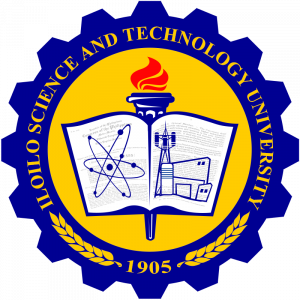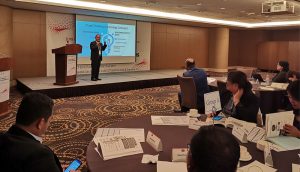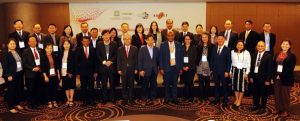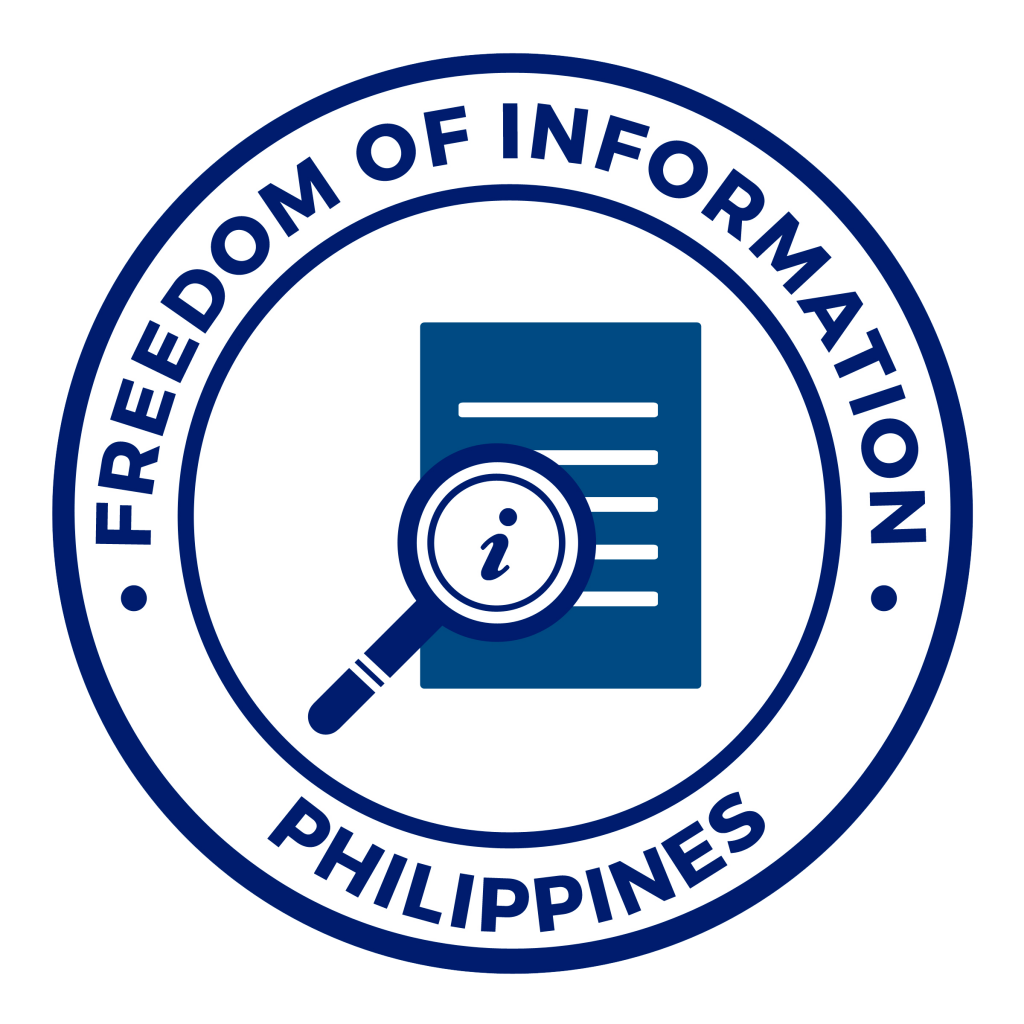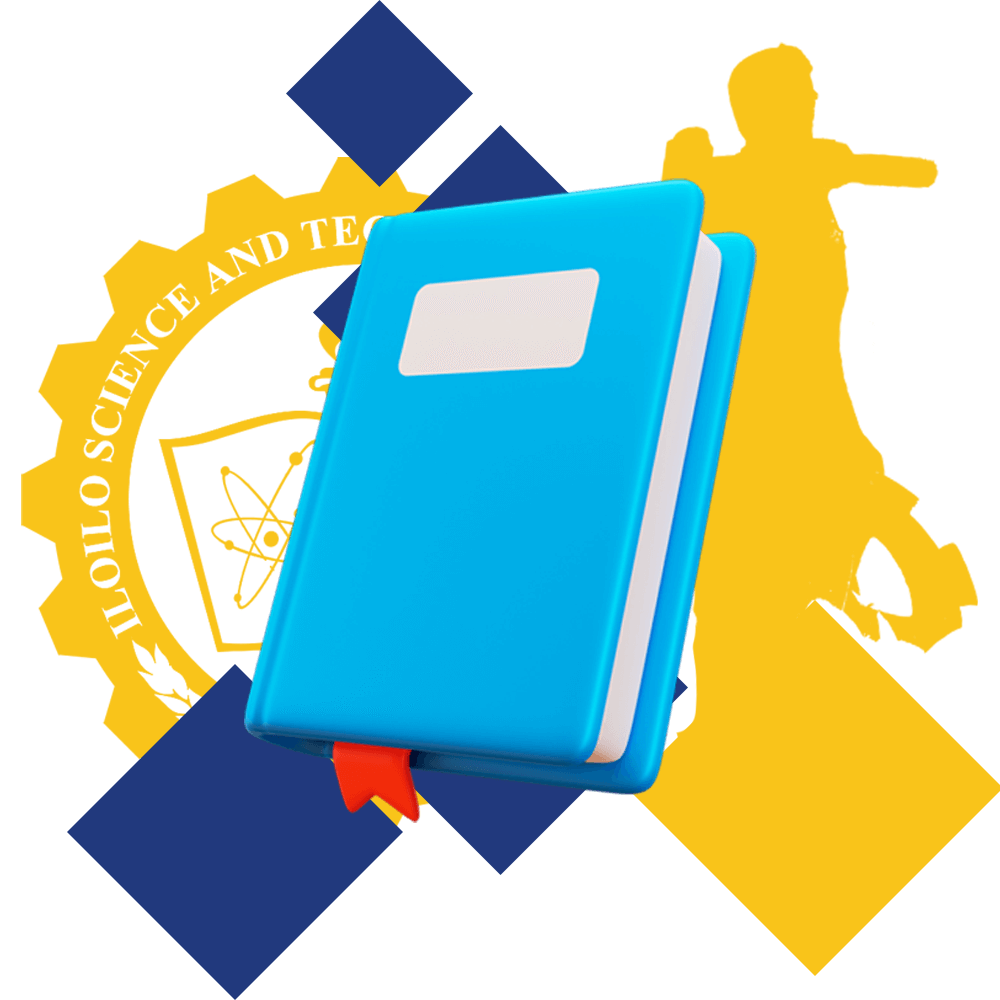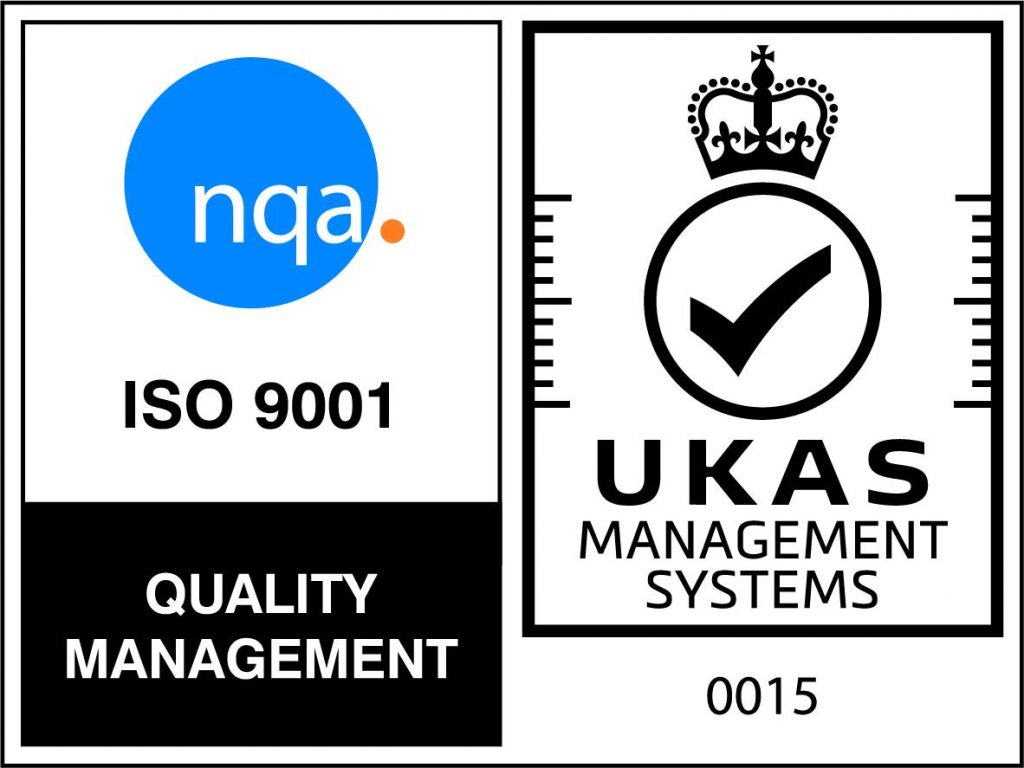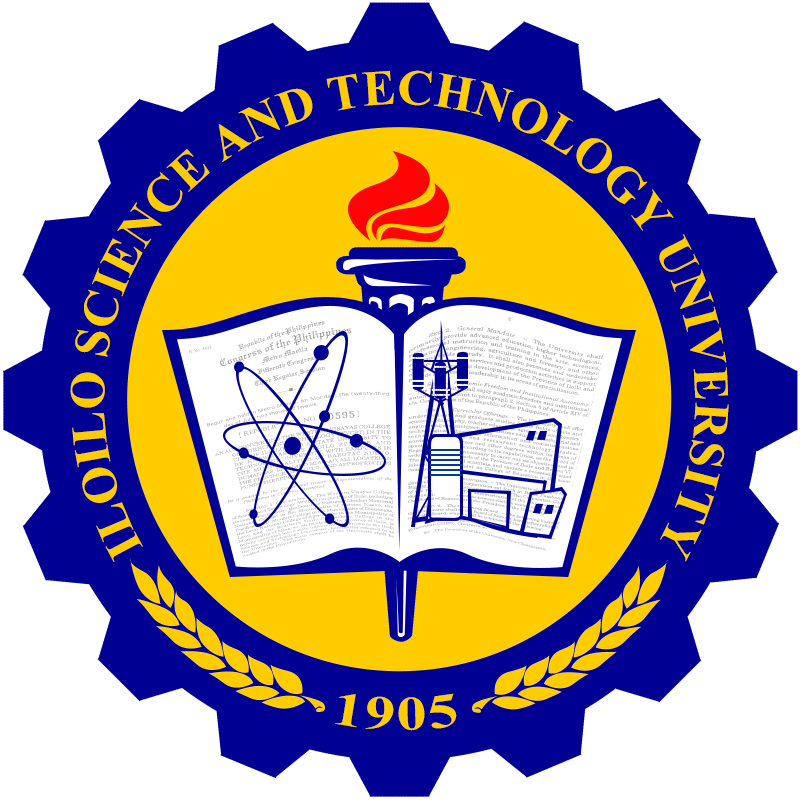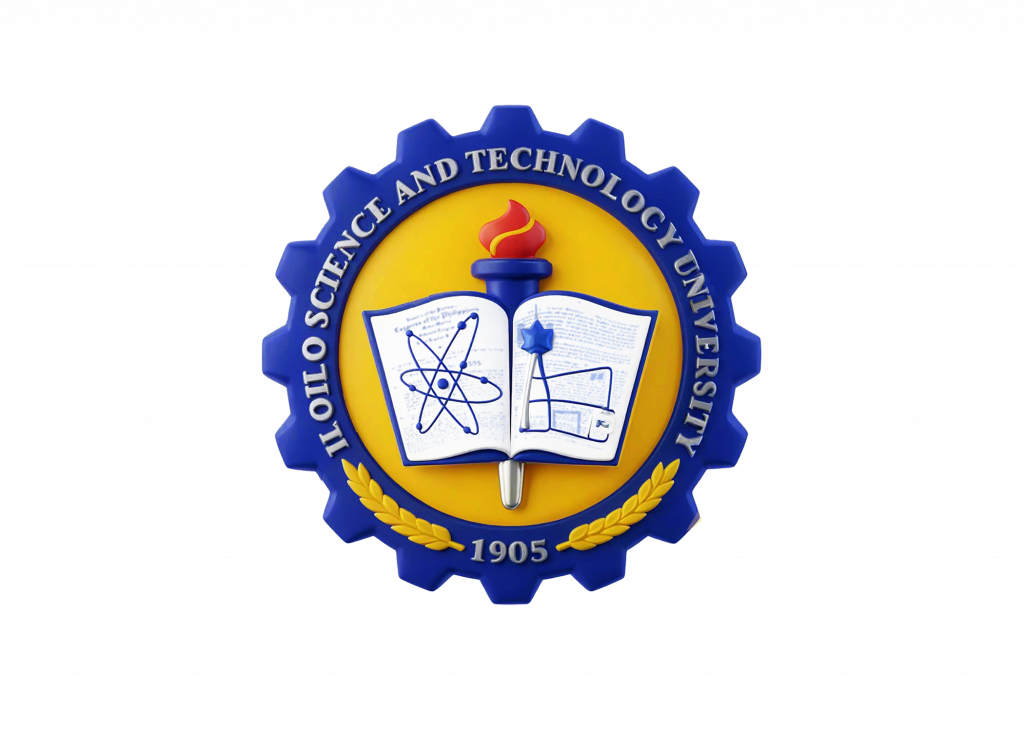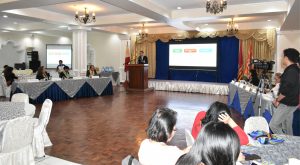
Dr. Isagani D. Padolina delivers his keynote address at the plenary session.
The 2nd International Research Conference on Science and Technology spearheaded by ISAT U on November 27-29, 2019 focused on the development of Industry 4.0.
Themed “Advancing Scientific and Technological R&D Towards Industry 4.0,” the conference was participated by 89 national and international academician, researchers and scientists.
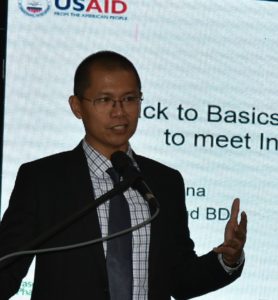
Dr. Isagani D. Padolina
Dr. Isagani D. Padolina, USAID STRIDE Senior Consultant Director of Research Development, delivered his keynote address entitled “Back to Basics: Tools in your Pocket to Meet Industry 4.0 Needs.” Three foreign speakers also shared their ideas on industrial revolution, Industry 4.0 and TVET concerns in the plenary lectures.
Engr. Abdul Ghani Rajput, Faculty Specialist, Colombo Plan Staff College for Technical Education talked on “Curriculum Delivery to meet Industrial Revolution Needs” while Engr. Saju Vincent, Director, Curicent Technologies and Infrastructure lectured on “ Industry 4.0 –Stepping Towards a more Integrated Iot Enabled e-Health Reality.”
On the other hand, the discussion on “TVET Competency Skills for Future Works Towards Industry 4.0” was delivered by Dr. Razali Hassan, Professor, Universiti Tun-Hussien. In another session, Dr. Margarita Pavlova, Director, UNEVOC Centre Hongkong talked on “Greening TVET towards Industry 4.0.”

The pleanary speakers: Engr. Abdul Ghani Rajput, Dr. Margarita Pavlova, Dr. Razali Hassan.
In the parallel sessions, 19 papers on technology, agriculture, food and environment were presented; 19 on technology, education and Social Sciences and; 16 on technology, environment and climate change.
In collaboration with Guimaras State College and Carlos Hilado Memorial State College the conference aims to bring together leading academicians, scientists, researchers, scholars, entrepreneurs and students to exchange and share their knowledge, experiences and research results on the aspect of advancements in Science and Technology. The forum may also provide network and discuss solutions in different concerns in different countries.
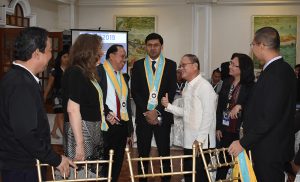
Dr. Raul F. Muyong, Dr. Nemia H. Mabaquiao and Dr. Richard De Leon (left) on a lighter moment with the speakers.
